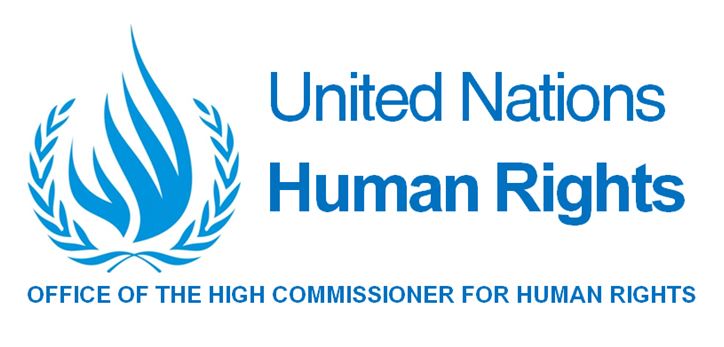GENEVA, Switzerland, January 19, 2023/APO Group/ —
A court in South Africa has admitted several UN experts as amici curiae in a class action suit filed by alleged victims of mining pollution in Zambia’s central Kabwe District.
UN Special Rapporteurs on toxics and human rights, extreme poverty and human rights, rights of persons with disabilities and the UN Working Groups on business and human rights and discrimination against women and girls have sought to intervene in the case.
This week the South Gauteng High Court will hear arguments on whether the merits of the damages claim by the victims can be considered. The lawsuit was filed in South Africa against Anglo American, a mining company based in the country.
Lead is a cumulative toxicant that affects multiple body systems and is particularly harmful to young children
The class action suit was filed on behalf of children and women of child-bearing age who have suffered injury and harm as a result of exposure to lead pollution. The applicants allege that Anglo American South Africa, through its prior involvement in the activities of the local lead mine, assumed a duty of care towards the residents of Kabwe, especially protection against lead exposure.
“Lead is a cumulative toxicant that affects multiple body systems and is particularly harmful to young children. The World Health Organization (WHO) has identified it to be one of 10 chemicals of major public health concern (bit.ly/3J4q0rn) , needing action by Member States to protect the health of workers, children and women of reproductive age. According to the WHO, there is no level of exposure to lead that is known to be without harmful effects,” said the experts. “Young children can suffer profound and permanent adverse health effects and disabilities, including in the development of the brain and the nervous system. Pregnant women’s exposure to lead can cause miscarriage, stillbirth, and premature birth and low birth weight.”
The South African Court will consider arguments based on international human rights law, including the Guiding Principles on Business and Human Rights that commit businesses enterprises to respect human rights, state that businesses should avoid infringing on human rights of others, whilst addressing the adverse human rights impacts linked to business activity with which they are involved, and highlight the importance of access to remedies in case of violations.
The experts argued that Anglo American was acting contrary to its professed commitments to human rights in business, when it opposes the Court even considering this class action.
“Anglo American South Africa has voluntarily committed itself to follow the Guiding Principles, including the commitment to support access to justice where human rights impacts have occurred and to co-operate in processes designed to establish whether there is culpability for those impacts,” the experts said.






